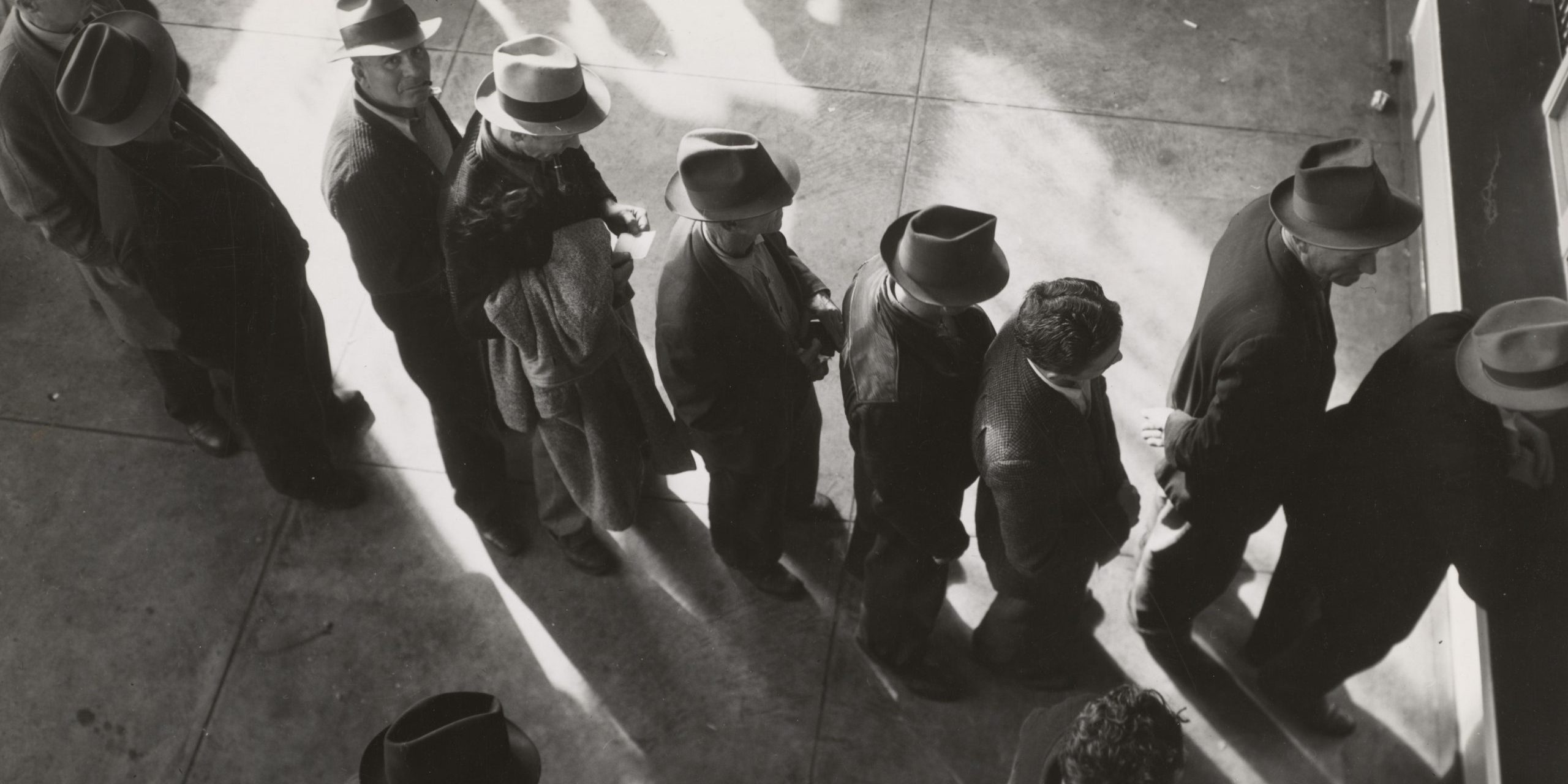 To tell the truth, I should have penned this email months ago, but time and tax season simply got away from me and the team. Today, I want to talk about two nasty surprises a lot of Americans got this tax season – unemployment benefits are taxable and so is cancelled debt.
To tell the truth, I should have penned this email months ago, but time and tax season simply got away from me and the team. Today, I want to talk about two nasty surprises a lot of Americans got this tax season – unemployment benefits are taxable and so is cancelled debt.
What millions of first-time unemployment filers found out was that the extra $600 coming to them from the Federal government was also taxable. To say that caught them off-guard is a huge understatement. In more than a few cases, those benefits were taxable at the state level, too.
Where those folks went wrong was in not having taxes withheld from their weekly benefits. Unemployment recipients can have up to 10% withheld, but if you didn’t, you can actually pay taxes on this income quarterly, much like a business owner.
So what if you got caught short and have to pay the IRS?
First of all, don’t panic. Due to recent legislation, the first $10,200 of unemployment compensation last year is now tax-free. If you already filed, you’ll soon be getting a refund from the IRS.
Next, even if you exceed the $10,200 and now owe, it’s not the end of the world. Millions of Americans have to set up a payment plan with the IRS, and a situation like this is no different. You’ll find the IRS is very open about setting these payments up and they can either be drafted automatically or you can send in a check each month until the bill is paid off.
It’s not a lot of fun, but at least it’s easy to fix!
Now, “cancelled debt” sounds like a financial windfall, and for a lot of folks last year, it was. The downside is this: the company that cancelled that debt reported it to the IRS, and they, in turn, viewed it as “income” for tax purposes.
Not all cancelled debt is taxable – there are almost always exceptions, like certain student loans, debts discharged in bankruptcy, qualified farm indebtedness and a few other types of debt – but for the most part, if a credit card company or bank cancelled a debt, you’ll see a Form 1099-C and need to make sure you view and report it as income.
The real thing to remember, when it comes to taxes and tax liabilities, is “there is no free lunch.” If a person, company, or institution gives it to you, you’re likely to pay taxes on it. So while it might seem hard to believe that something like unemployment benefits or cancelled debt – both of which are going to help people with limited means and even more limited funds – the Tax Man is still going to ask for and get his payments.
If you’re struggling to figure out how to pay a tax bill due to simply not knowing what Uncle Sam views as “income,” then feel free to reach out to me and my team. It’s likely we can help you navigate setting up a payment plan with the IRS.

